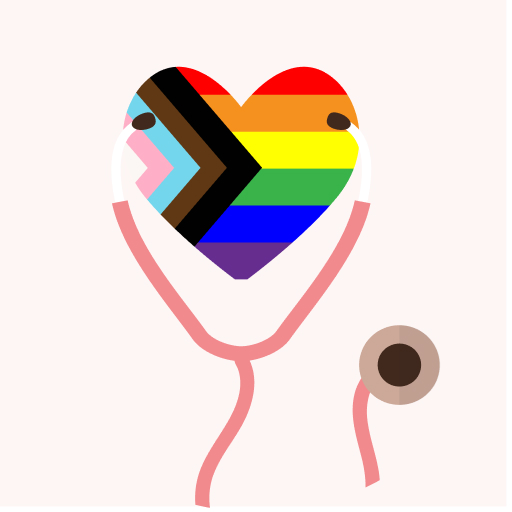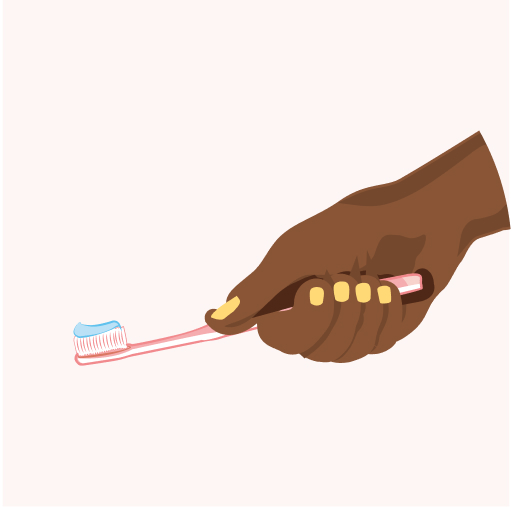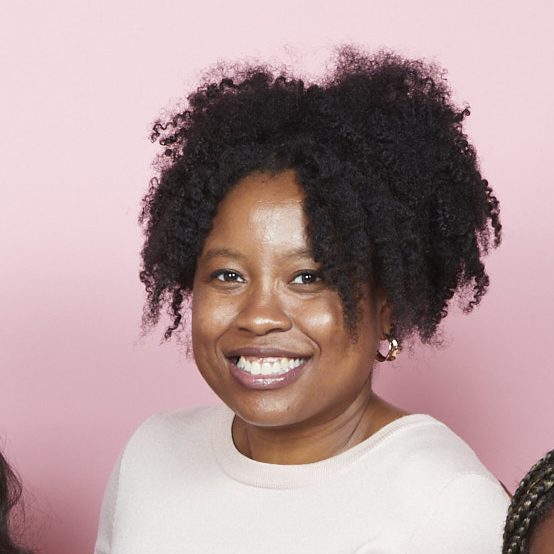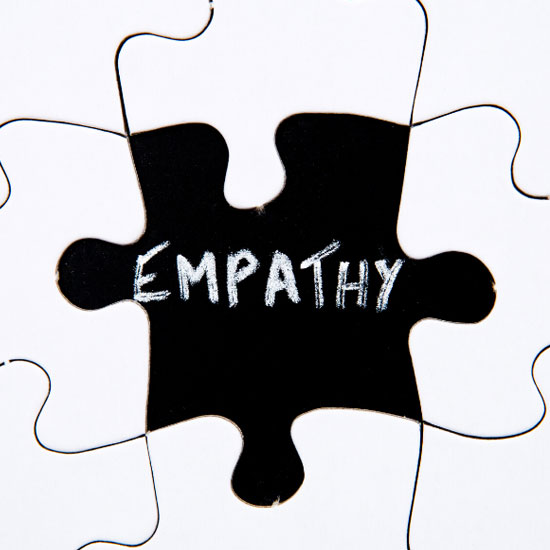
Bedside Manner Begins Before the Bed
Most patients would agree that great bedside manner is a must-have on the list of qualifications for any doctor they would consider for their care. Professionalism, a willingness to answer questions in layperson’s terms, and a friendly demeanor can help a patient feel more at ease in the quite vulnerable position of trusting someone else with their health. However, a patient actually has to make it to the proverbial “bed” before a doctor’s bedside manner becomes relevant, and this usually requires getting past the gatekeepers of the doctor’s office: receptionists and front desk staff members. The manner that these professionals assume towards patients can have just as significant an impact on the overall patient experience and, in a worst case scenario, can lead to a patient choosing to switch doctors. For this reason, it is critical that all employees within a doctor’s office prioritize good bedside manner and proper customer service as fundamental to their role.
Under certain circumstances, finding a new doctor due to rude front desk staff might not register as much more than an inconvenience to a patient shopping around for the right healthcare provider. For Black women intentionally seeking out Black doctors for better health outcomes, however, swapping out one doctor for another can be challenging due to the limited number of Black doctors available; which means, in some cases, Black women may be forced to make the choice between putting up with terrible customer service or finding a new doctor who is not Black.
Emilie made the choice to prioritize customer service after having challenging exchanges with dismissive receptionists at two different doctor’s offices during a search for her recently retired gynecologist’s replacement. “I ended up transferring to a doctor my old doctor was handing the torch to. I call, the front desk person is very friendly and gets me in the next week to establish care. When I get to my appointment the staff is still friendly and check-in is a breeze, the doctor has a great personality and we hit it off like we’ve known each other for years. (This is important to me if I’m laying on your table in a compromising position.) However, I can’t help but think…if the doctor was my hue would she understand me better, would she help me transition into menopause better? I don’t know if I’ll ever get to answer that question if I can’t get past that front desk.”
Paula, another patient who has experienced bad customer service from receptionists at the doctor’s office, speaks to how memorable these unpleasant exchanges can be: “In one case, 10 years later I still remember the interaction with the dentist staff member but only vaguely remember the dentist. Who wants to have to ‘pull teeth’ just to get an appointment, [or deal with] unhelpful staff?”
The flipside of these stories also speaks to the importance of customer service and bedside manner that begins before the “bed”. Last year, I put off making an appointment with my gynecologist for as long as I could, as she had recently closed her independent practice and joined a new one with two other doctors. I had searched very intentionally for a Black gynecologist before finding her and liked her very much, so I certainly did not plan to let her go. Still, the prospect of going through an on-boarding process at yet another doctor’s office turned me off. I had no idea what would be waiting for me on the other end of the line when I reached out to schedule my appointment or if the process would be drawn out, inefficient, and frustrating. When I finally decided to move forward with booking an appointment, I was thrilled to be met with kind, efficient, accommodating receptionists and a streamlined, technologically modern approach to on-boarding and checking in. The experience was painless and put me in a relaxed state of mind prior to my appointment.
Of course, rude receptionists are found everywhere. They are not endemic to Black medical practices and it is critical to remember that our own subjective experiences do not always amount to evidence of a larger systemic problem. Perhaps on the morning that you call to make an appointment, the receptionist is having a terrible day or is new to the job and overwhelmed by the ever-changing appointment schedule. Still, as Black women become increasingly selective in their efforts to mitigate their heightened risk of receiving substandard care, it’s critical that they do not face additional, unnecessary barriers. And as we look toward a future where high quality healthcare experiences are the norm for everyone, including and especially for Black women, embodying the principle that bedside manner begins before the bed is key.
More Content
General Health
Reflecting on Diversity and Empathy in Care Spaces
My background has greatly prepared me to...











